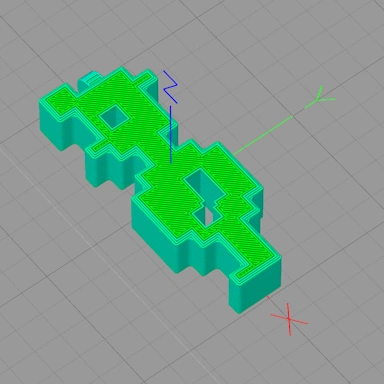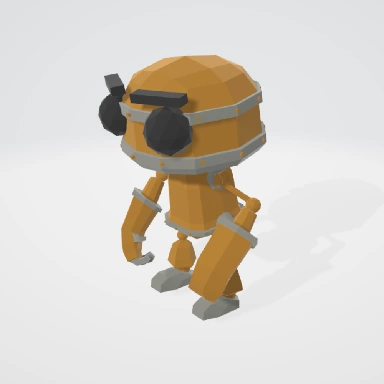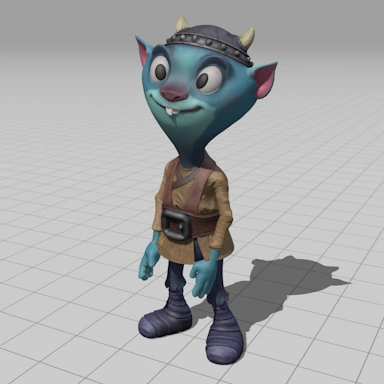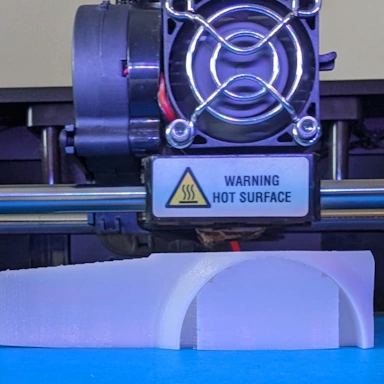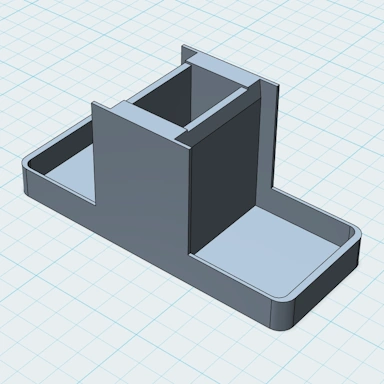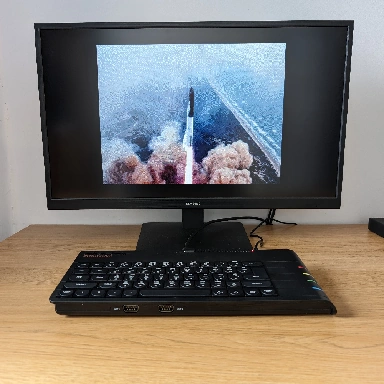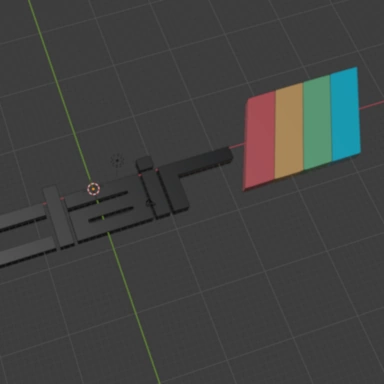| Full Name | Wavefront |
| Extension | OBJ |
| Type | 3D Model |
| Mime Type | text/plain |
| Format | Text |
An OBJ file is a text-based file format used for the storage of 3D model data. The format was developed in the 1980s by Wavefront Technologies as a means to store the geometric mesh data associated with a 3D model. It has garnered widespread support in the following years, and you will find options to load from and save to the OBJ format in most modern 3D modeling applications.
As OBJ files are essentially text files, they can grow quite large when working with large and detailed 3D models.
Mesh Geometry
Within a 3D OBJ file are lists of vertices, mesh faces, face normals, texture coordinates, and more. The vertices, normals, and texture coordinates are stored in a continuous list and are indexed referenced within a separate list of mesh faces, ensuring optimal use of space within the file. A mesh face may contain three or more points, each of which can use a unique vector normal and texture coordinate.
OBJ Converter Capabilities
As materials containing texture and color information are both supported by the OBJ format, our tool will do its best to include these materials, including any texture files, in the converted file.
| Full Name | Graphics Language Transmission Format |
| Extension | GLB |
| Type | 3D Model |
| Mime Type | model/gltf-binary |
| Format | Binary |
The Khronos Group developed GLB files as a format for storing complex 3D models. The format was first introduced in 2015 and aimed to create a format that could be easily adopted by third-party developers. Subsequent versions have followed this initial release, adding more complex features.
Support for GLB files is growing and has found support in many modern 3D model editors, such as Blender, which currently supports importing from and exporting to the GLB format.
Mesh Geometry
At the heart of the GLB format is its ability to store 3D geometric mesh data, which comprises vertices, faces, normals (both face and vertex normals), and texture coordinates. The data is saved in a compact binary format, ensuring GLB files are compact and easy to distribute.
GLB Converter Capabilities
As materials containing color information is supported by the OBJ and GLB formats, our tool will do its best to include this in the converted GLB file.

